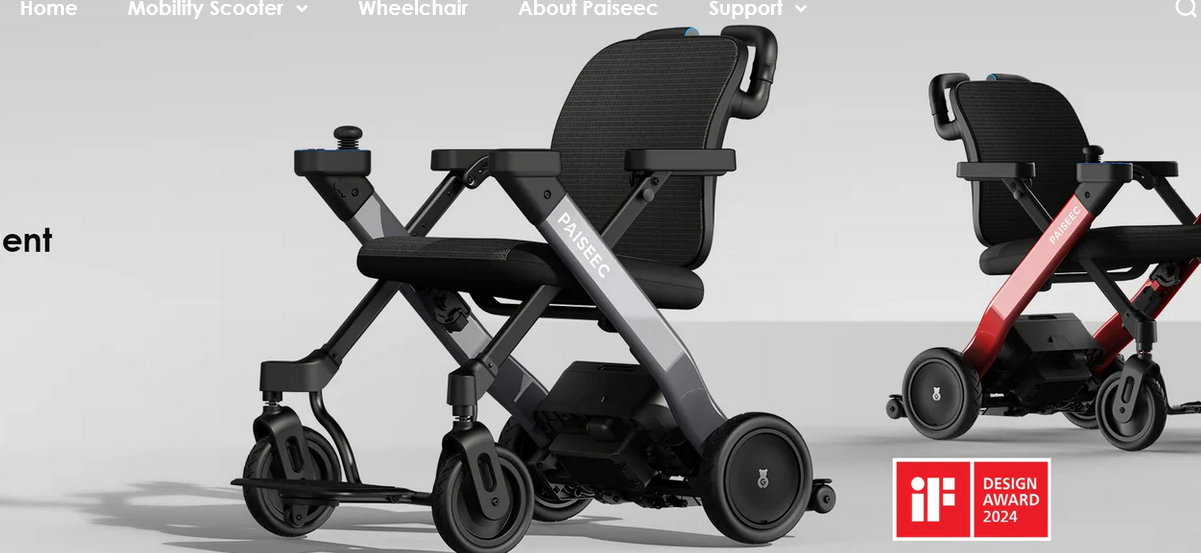 Tiered Link Strategy – Multiply Your SEO Impact Today!
Tiered Link Strategy – Multiply Your SEO Impact Today!
Marine Lithium Batteries: The Future of Nautical Power
Written by arber rachit » Updated on: November 27th, 2024

Marine lithium batteries are rapidly becoming the preferred power solution for boaters and sailors across the globe. With technological advancements in battery chemistry and growing demand for more efficient, sustainable, and reliable power sources, lithium batteries are replacing traditional lead-acid options in a variety of marine applications. This article explores the benefits, features, and considerations of using lithium batteries in the marine environment, as well as how they are revolutionizing boating experiences.
What Are Marine Lithium Batteries?
Marine lithium batteries are rechargeable power sources designed specifically for use in boats, yachts, and other marine vessels. These batteries use lithium-based technology, typically lithium iron phosphate (LiFePO4), which offers numerous advantages over traditional lead-acid batteries, such as longer life cycles, higher energy density, and lighter weight.
Lithium batteries are increasingly being used for a wide range of marine applications, including powering engines, lights, electronics, and even electric propulsion systems.
Benefits of Marine Lithium Batteries
Longer Lifespan
One of the most significant advantages of lithium batteries is their lifespan. While lead-acid batteries typically last 2 to 4 years, marine lithium batteries can last up to 10 years or more with proper maintenance. This extended lifespan makes them a more cost-effective option in the long run, as they don’t need to be replaced as frequently.
Higher Energy Density
Lithium batteries have a much higher energy density than lead-acid batteries. This means they can store more power in a smaller, lighter package. For boaters, this is a game-changer, as it reduces the overall weight and space taken up by the battery bank, allowing for more room for other equipment or a lighter overall vessel.
Lightweight Design
Lithium batteries are significantly lighter than traditional lead-acid batteries, making them ideal for marine applications where weight is a critical factor. Reduced weight can improve fuel efficiency and overall performance, especially in smaller boats where every pound counts.
Faster Charging Times
Lithium batteries charge faster than lead-acid batteries, often requiring just a few hours to reach a full charge. This is especially valuable in marine environments where time at the dock or marina is limited.
Increased Depth of Discharge
Marine lithium batteries allow for a deeper discharge without damaging the battery. While lead-acid batteries typically need to be recharged after using only 50% of their capacity to avoid damage, lithium batteries can be safely discharged up to 80-90%, maximizing the available power.
Better Performance in Extreme Conditions
Lithium batteries perform well in both hot and cold conditions. Marine environments can experience drastic temperature fluctuations, but lithium batteries are less affected by these extremes compared to traditional lead-acid batteries, ensuring reliable power in varying climates.
Maintenance-Free
Lithium batteries require little to no maintenance, unlike lead-acid batteries, which need to be checked regularly for fluid levels and cleaned of corrosion. This hassle-free operation is another attractive feature for boat owners looking for low-maintenance power solutions.
Applications of Marine Lithium Batteries
House Batteries
Marine lithium batteries are commonly used as house batteries, powering onboard electronics such as lights, refrigerators, communication devices, and other essential systems. Their ability to be discharged deeper and their extended lifespan makes them a perfect fit for house battery applications.
Engine Starting
Lithium batteries are also becoming more common in engine starting applications. Their high energy density and fast recharge rates allow for efficient engine starts, reducing the weight and space typically taken up by large lead-acid batteries.
Electric Propulsion Systems
As the marine industry shifts toward more sustainable power sources, lithium batteries are becoming integral to electric propulsion systems. These systems, which replace traditional gas or diesel engines, rely on lithium batteries to provide power for long-range cruising, offering a quieter, more eco-friendly alternative to conventional powertrains.
Hybrid Systems
Many modern boats use hybrid systems that combine lithium batteries with traditional combustion engines. The batteries provide power for electric propulsion and on-board electronics, while the combustion engine serves as a backup. Hybrid systems allow for fuel savings, lower emissions, and reduced environmental impact.
Considerations When Choosing Marine Lithium Batteries
Cost
The initial cost of marine lithium batteries can be higher than that of lead-acid batteries. However, considering their longer lifespan, higher performance, and reduced maintenance requirements, lithium batteries are often more economical in the long run.
Compatibility
Not all marine equipment is compatible with lithium batteries out of the box. It’s essential to ensure that your boat's charging system and electrical components are designed to work with lithium technology. In some cases, a battery management system (BMS) may be required to ensure optimal performance and safety.
Charging Requirements
Lithium batteries require specific chargers designed for their chemistry. While some modern chargers can be adapted for lithium batteries, it's essential to verify that your system can handle the charging requirements to avoid damaging the batteries.
Safety
While lithium batteries are generally safe when used correctly, improper installation, overcharging, or physical damage can pose safety risks. It’s important to work with professionals when installing and maintaining lithium battery systems to ensure they operate safely.
The Future of Marine Lithium Batteries
As the demand for clean energy and efficient boating grows, the role of lithium batteries in the marine industry is expected to expand. Advances in lithium battery technology, such as improvements in energy density, cost reduction, and charging times, will continue to make them more accessible and efficient for marine use.
In addition, as governments and organizations push for stricter emissions regulations, lithium batteries will play a crucial role in enabling the transition toward greener, more sustainable marine transportation. With their superior performance, longevity, and eco-friendly benefits, marine lithium batteries are set to become the standard for boaters seeking reliable, efficient, and sustainable power.
Conclusion
Marine lithium batteries are revolutionizing the boating world, offering numerous advantages over traditional power sources. With their longer lifespan, lighter weight, faster charging times, and superior performance in challenging conditions, lithium batteries are paving the way for a new era of boating. As technology continues to advance and prices decrease, marine lithium batteries will only become more accessible, making them the ideal choice for boaters looking for reliable and sustainable power solutions.
Note: IndiBlogHub features both user-submitted and editorial content. We do not verify third-party contributions. Read our Disclaimer and Privacy Policyfor details.
Copyright © 2019-2025 IndiBlogHub.com. All rights reserved. Hosted on DigitalOcean for fast, reliable performance.














